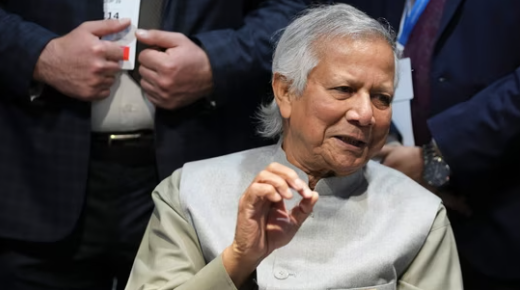The five-member commission, chaired by retired Supreme Court judge Mainul Islam Chowdhury, stated that intelligence findings suggest a systematic practice of prisoner exchanges between India and Bangladesh. The commission urged the Ministries of Foreign Affairs and Home Affairs to identify and repatriate any Bangladeshi nationals detained in Indian prisons. However, it acknowledged that investigating matters beyond Bangladesh’s jurisdiction was beyond its mandate.
The report referenced two prominent cases shedding light on the alleged Bangladesh-India rendition system. One involved Sukharanjan Bali, reportedly abducted from the Bangladesh Supreme Court premises and later found in an Indian jail. The other concerned Bangladesh Nationalist Party (BNP) leader Salahuddin Ahmed, who recounted being confined in a barren cell with rudimentary facilities, marked by identifiers linking it to the “Task Force for Interrogation.”
The commission highlighted the role of Bangladesh’s elite Rapid Action Battalion (RAB) in these operations, claiming its intelligence wing orchestrated detentions and operated secret facilities. Though the interior of one such facility has since been destroyed, the commission confirmed that the RAB Intelligence Wing still oversees its access.
As of now, the commission has recorded 1,676 complaints of enforced disappearances, examining 758 cases. Among these, 200 victims remain unaccounted for, while others were officially registered as arrested upon return. The findings were part of an interim report, titled “Unfolding The Truth,” submitted to Chief Adviser Muhammad Yunus last week. The report estimated over 3,500 cases of enforced disappearances, with further scrutiny expected to take another year.
The commission has proposed dismantling the RAB and amending the Anti-Terrorism Act of 2009 to prevent future abuses. These recommendations accompany allegations implicating former high-ranking officials, including Sheikh Hasina’s defense adviser Tarique Ahmed Siddique.
Sheikh Hasina fled to India in August following the student-led Monsoon Revolution, which ended her 16-year rule. The interim government, under Chief Adviser Yunus, continues to investigate human rights abuses under her administration, with plans to release another interim report in March 2025.








 India
India











